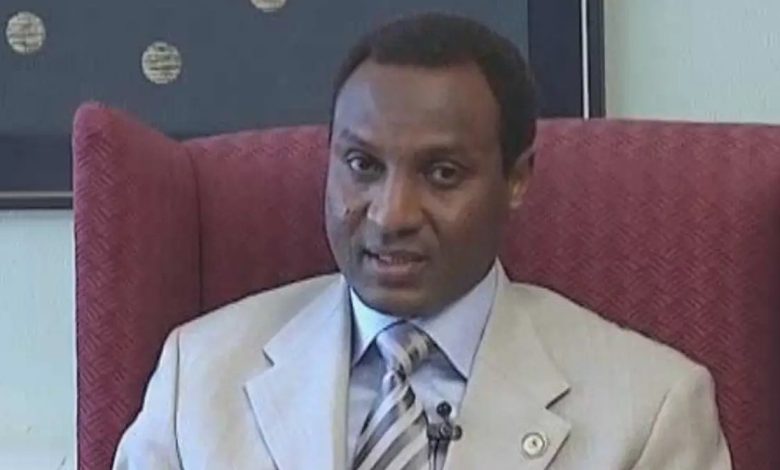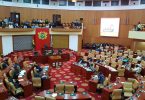military coup in Niger, economist Ali Mahamane Lamine Zeine has been appointed as the transitional prime minister by the junta. The announcement was made through a decree read on national television by the coup plotters, more than a week after the military coup that ousted President Mohamed Bazoum from power.
The decision to appoint Ali Mahamane Lamine Zeine, a prominent economist, as the transitional prime minister holds the potential to shape the course of Niger’s political and economic landscape during this delicate transitional period. This appointment comes as the junta seeks to establish stability and chart a path forward for the nation following the abrupt removal of the democratically elected president.
Ali Mahamane Lamine Zeine’s credentials as an economist are expected to bring a level of expertise and technical insight to the transitional government. With a background in economics, Zeine has a strong foundation in understanding the complexities of fiscal policies, economic development, and resource management. His experience and knowledge could play a vital role in steering Niger’s economy towards recovery and growth.
The appointment of a technocrat like Zeine underscores the junta’s desire to address both the immediate political vacuum and the long-term economic challenges that Niger faces. The transitional government, under Zeine’s leadership, will likely be tasked with devising strategies to stabilize the country’s political institutions, ensure security, and stimulate economic revival.
While the announcement of Ali Mahamane Lamine Zeine’s appointment has been made, the reaction from both domestic and international stakeholders remains to be seen. The manner in which the population responds to this appointment and the extent to which it garners support will shape the credibility and effectiveness of the transitional government in the eyes of the Nigerien people and the global community.
Niger, a landlocked country in West Africa, has a history of political instability and has faced numerous challenges related to governance, security, and development. The military coup that removed President Mohamed Bazoum was met with mixed reactions, with some expressing concern about the return to military rule while others saw it as an opportunity for change.
As the transitional government begins to take shape under Ali Mahamane Lamine Zeine’s leadership, the international community will be closely watching to see how the situation unfolds. The effectiveness of the government’s policies, its commitment to democratic principles, and its efforts to engage with citizens will determine the trajectory of Niger’s future.
In the coming weeks and months, the transitional prime minister, Zeine, is expected to outline his plans for the nation and initiate discussions with various stakeholders, including political parties, civil society organizations, and international partners. The success of these dialogues and the implementation of resulting policies will be crucial in determining whether Niger can emerge from this period of uncertainty stronger and more resilient.







